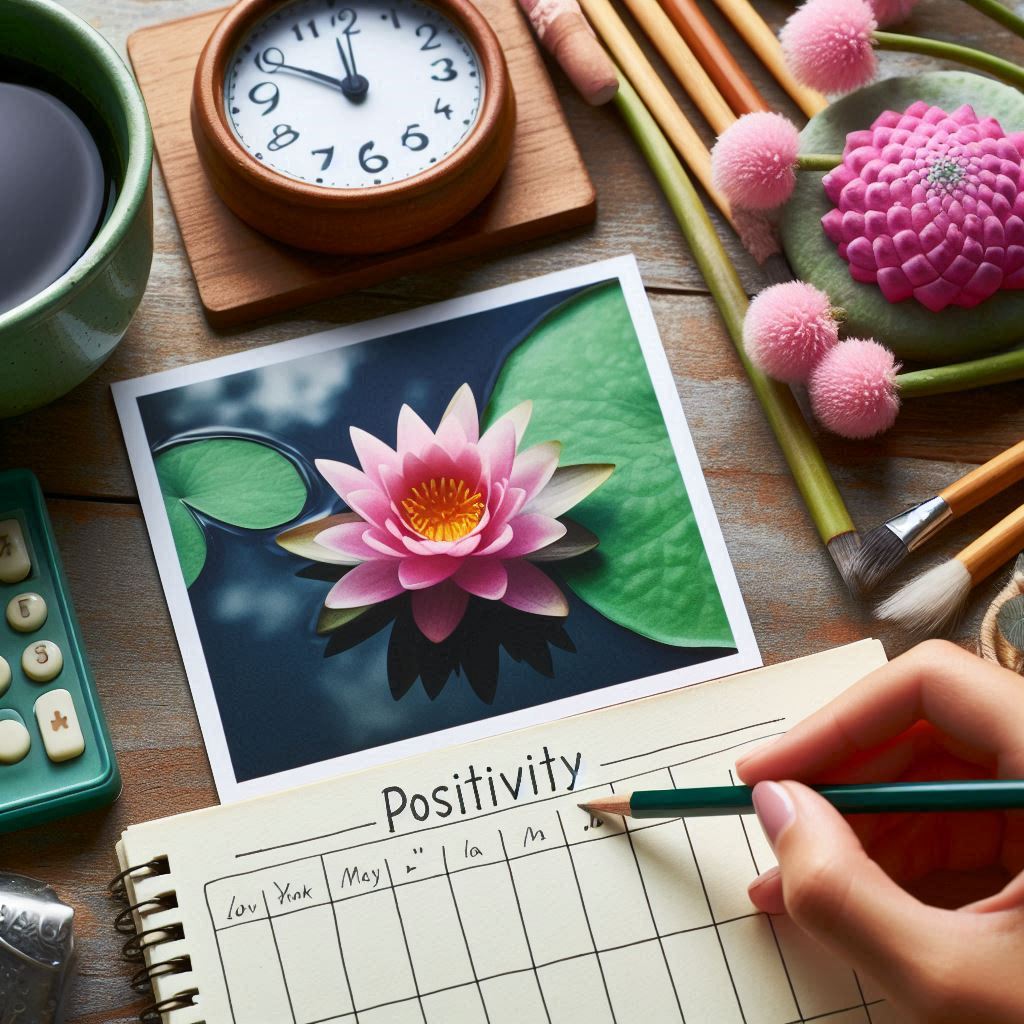How Meditation Works
-
Mindfulness:
- At its core, meditation encourages mindfulness, which is simply being present in the moment. It's like hitting the "pause" button on your overactive mind.
- This practice helps you observe your thoughts without getting tangled in them, kind of like watching clouds float by.
-
Breath Control:
- Focusing on your breath can slow down your heart rate and lower blood pressure. Think of it as giving your body a gentle nudge to chill out.
- Deep, rhythmic breathing sends a signal to your brain that it's time to relax, like a soothing lullaby.
-
Reduction of Stress Hormones:
- Meditation helps lower levels of cortisol, the hormone that's often referred to as the "stress hormone." Less cortisol means less stress – it's like having a personal bodyguard against anxiety!
-
Increased Gray Matter:
- Studies have shown that regular meditation can increase gray matter in the brain, particularly in areas responsible for emotional regulation. It's like giving your brain a workout, but without the sweat.
Why Meditation Reduces Stress and Anxiety
-
Emotional Regulation:
By practicing meditation, you're training your brain to manage emotions better. It's like learning to navigate a ship through stormy seas without capsizing.
-
Improved Focus and Concentration:
Meditation helps you sharpen your focus, making it easier to handle daily tasks without feeling overwhelmed. Picture yourself as a Zen warrior, slicing through distractions with ease!
-
Enhanced Self-Awareness:
As you meditate, you become more aware of your thoughts and feelings. This awareness can help you identify stress triggers and respond to them more effectively, like a detective solving a mystery.
-
Cultivation of Positivity:
Many meditation practices encourage positive affirmations and gratitude. This can shift your mindset towards optimism, like polishing a dull mirror until it shines.
Getting Started with Meditation
- Find Your Space: Choose a quiet spot where you won't be disturbed. Think of it as your personal oasis, away from the hustle and bustle.
- Set a Timer: Start with just 5-10 minutes a day. You can always increase it as you become more comfortable. Rome wasn't built in a day, and neither is a meditation practice!
- Focus on Your Breath: Inhale deeply through your nose, hold it for a moment, and exhale slowly through your mouth. Repeat this and let your thoughts drift away like dandelion seeds in the wind.
- Be Kind to Yourself: It's normal for your mind to wander. When it does, gently bring your focus back to your breath. Remember, it's about progress, not perfection!
Conclusion
In a world that often feels like a whirlwind, meditation stands as a beacon of tranquility. By embracing this practice, you're not just reducing stress and anxiety – you're gifting yourself a little piece of serenity. So, go ahead, take a deep breath, and let the magic of meditation envelop you. Happy meditating! 🌟

